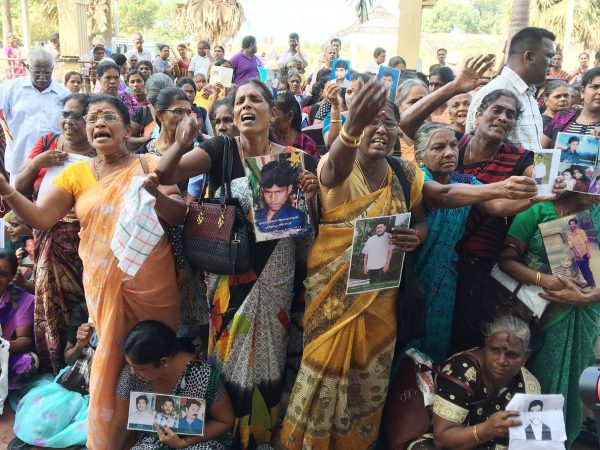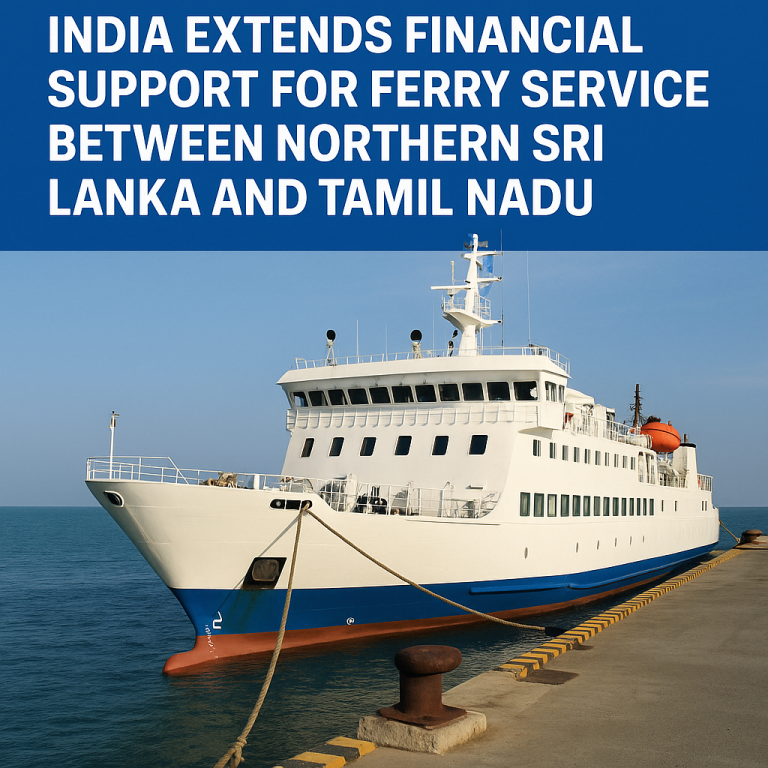The National Peace Council (NPC) has called on the government not to rush through the Commission for Truth, Unity and Reconciliation (CTUR) bill in the manner of the Online Safety bill or the Office for National Unity and Reconciliation (ONUR) bill.
The NPC expressed concern that the draft law with respect to the CTUR has been prepared and gazetted even before the submission of the report of the Presidential Commission of Inquiry to investigate the findings of preceding Commissions and Committees headed by Justice A H M D Nawaz.
The Council also noted that the government’s urgency in rushing through with the law pertaining to the CTUR, without even waiting for the Nawaz Commission to submit its report, and with only minimal consultation with opposition political parties and civil society suggests a motivation that goes beyond reconciliation.
“There seems to be a desire to obtain the support of the international community by producing the TURC law, even though it may not have the support from the aggrieved ethnic and religious minorities for whom it is meant,” the NPC said in a statement.
The NPC called on the government to discuss the proposed CTUR law with the opposition and civil society and obtain their consensus before proceeding to pass it through a vote in parliament.
Full text of the press release:
RECONCILIATION CANNOT BE ACHIEVED THROUGH A MAJORITY VOTE
The manner in which the Online Safety Bill was passed in parliament is a matter of grave concern. The bill was passed without taking a vote at the third reading even though the opposition called for a vote. In addition, the opposition has alleged that a number of amendments to the original bill required by the Supreme Court had not been included.
The National Peace Council calls on the government to heed the opposition which has called for the Online Safety bill not to be signed into law by the Speaker of Parliament due to these infirmities. The proroguing of parliament by the president provides an opportunity to ensure that all amendments are included in the law.
We welcome Speaker Mahinda Yapa Abeywardena’s announcement that the Attorney General’s Department will investigate whether all amendments inserted during the legislative process were properly implemented in accordance with the Supreme Court directives. The right to free expression is a fundamental democratic right that if vitiated would place the democratic process in jeopardy.
In this context, NPC wishes to address the Commission for Truth, Unity and Reconciliation (CTUR) bill which was gazetted on January 1 this year. We call on the government not to rush through with this bill in the manner of the Online Safety bill or the Office for National Unity and Reconciliation (ONUR) bill which was similarly pushed through parliament on January 9 this year without heeding the views of the opposition or civil society.
It is a matter for concern that the draft law with respect to the CTUR has been prepared and gazetted even before the submission of the report of the Presidential Commission of Inquiry to investigate the findings of preceding Commissions and Committees headed by Justice A H M D Nawaz.
In the synopsis of the Nawaz Commission report issued in February last year, the Commissioners referred to a Truth and Reconciliation Commission of Sri Lanka and stated that the contours of the commission would be set out in due course when the Final Report was submitted. The government’s urgency in rushing through with the law pertaining to the CTUR, without even waiting for the Nawaz Commission to submit its report, and with only minimal consultation with opposition political parties and civil society suggests a motivation that goes beyond reconciliation.
There seems to be a desire to obtain the support of the international community by producing the TURC law, even though it may not have the support from the aggrieved ethnic and religious minorities for whom it is meant.
Like ONUR, the purpose of the proposed truth commission (CTUR) is to strengthen the national reconciliation process. Therefore, it needs to be based on consensus of the government and parties representing the opposition and ethnic and religious minorities rather than being steamrolled by a majority vote in parliament. NPC calls on the government to discuss the proposed CTUR law with the opposition and civil society and obtain their consensus before proceeding to pass it through a vote in parliament.








